When it comes to feeding our beloved feathered friends, striking the right balance between seeds, pellets, and fresh produce can be a challenging task. Yet, achieving this balance is essential for the bird’s optimal health and longevity. So, let’s delve deeper into how we can create the perfect balance between these three essential components of a bird’s diet.
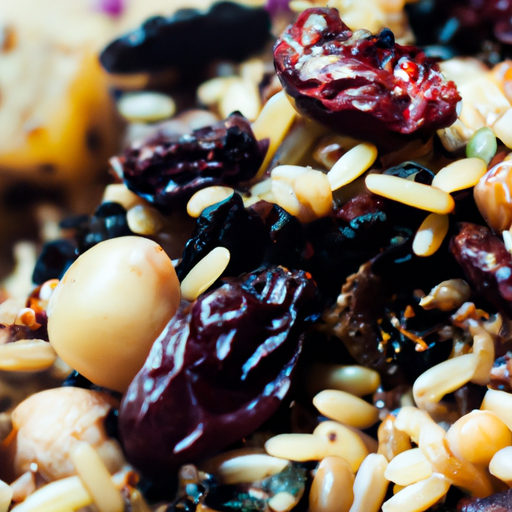
Seeds
Seeds are a natural food for many bird species and are often the main component of their diet in the wild. They are rich in fats and proteins, providing the necessary energy for the bird’s daily activities. However, an all-seed diet can lead to obesity and other health problems, such as fatty liver disease. This is because seeds, especially sunflower seeds, contain high levels of fat. Therefore, seeds should be a part of your bird’s diet, but not the entirety of it.
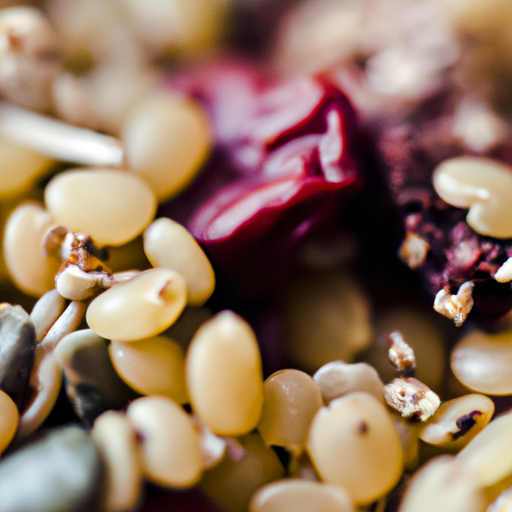
Pellets
Pellets are formulated to provide a balanced diet for birds. They are usually made by grinding together several different types of grains, seeds, vegetables, and fruits, along with added minerals and vitamins. The mixture is then cooked, which breaks down the complex starches and makes the nutrients more accessible for the bird. Pellets can be an excellent source of nutrition, but they should be introduced gradually, especially if your bird is used to an all-seed diet. Birds tend to be creatures of habit, and changes in their diet should be made slowly and patiently.
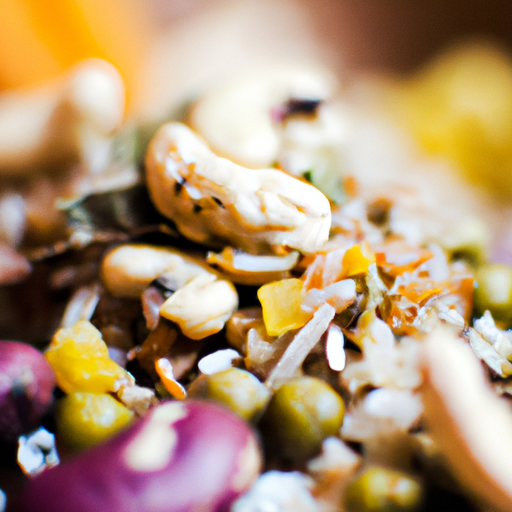
Fresh Produce
While seeds and pellets are important, fresh fruits and vegetables play an equally vital role in a bird’s diet. They are packed with vitamins, minerals, and antioxidants that are essential for your bird’s health. Fresh produce can help boost the bird’s immune system, improve digestion, and add variety to their diet.
Leafy greens, such as spinach, kale, and broccoli, are excellent choices, as they are rich in vitamins A and C. Fruits, such as apples, bananas, and berries, can be given as a treat due to their higher sugar content. Remember to thoroughly wash all fruits and vegetables to remove any pesticides, and avoid feeding your bird any fruit seeds or pits as they can be toxic.
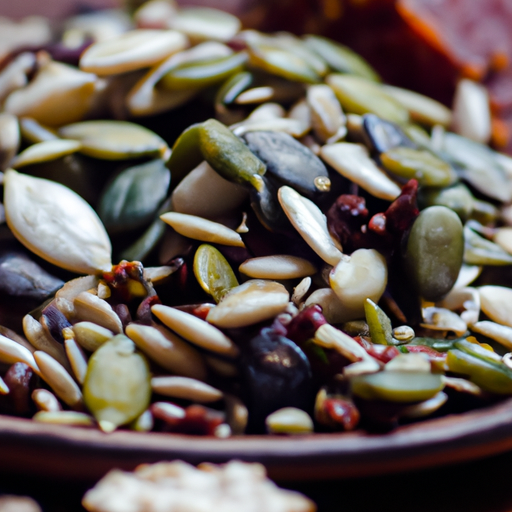
As you embark on this journey of providing balanced nutrition to your feathered companion, remember that moderation is key. Too much of any one component can lead to health issues, while a lack can lead to deficiencies. Therefore, strive to provide a diet that includes a variety of seeds, pellets, and fresh produce.
Also, keep in mind that every bird is unique, and what works for one might not work for another. It’s always a good idea to consult with a vet or a bird nutritionist to get a personalized diet plan for your bird.
Providing your bird with a balanced diet may require some time and effort, but the reward is a healthy, happy, and lively bird. And isn’t that what all bird parents ultimately want?

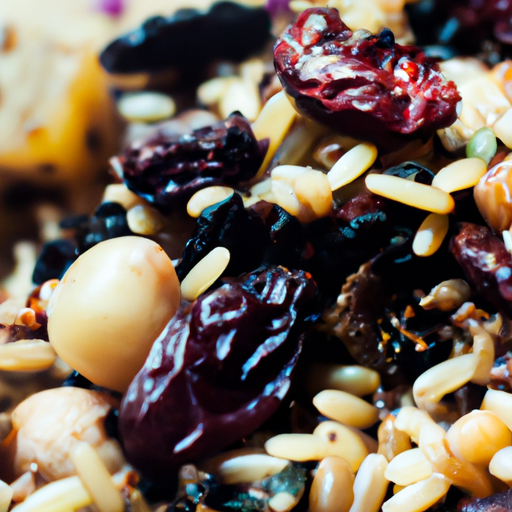
1 Comment
Very well said.